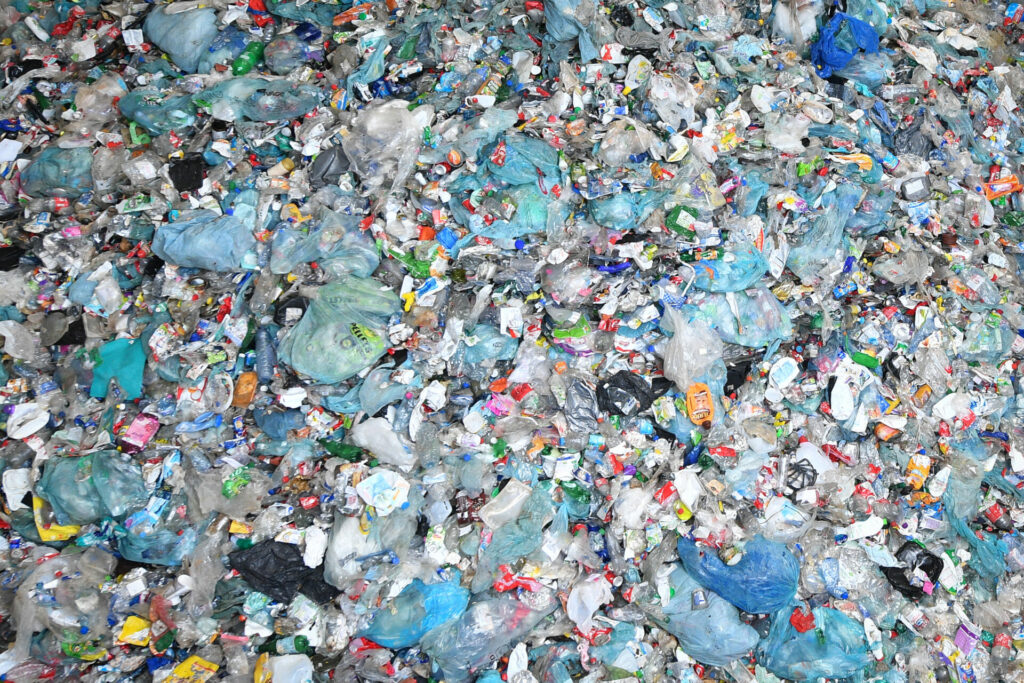In Belgium, nearly 370,000 tonnes of plastic packaging waste are produced annually, contributing to the 370 million tons which are discarded worldwide every year, according to RTBF. Of that global amount, 40% of this plastic is used for packaging.
Despite Belgium’s best efforts, only 45% of the contents of our PMD bags – the blue bags reserved for plastics, among other waste products – are actually recycled, a figure that is well below the percentages for other materials. For example, 97% of glass is recycled and 89% of cardboard. Which begs the question: Why is plastic less recycled than other waste?
"There is sometimes a great difficulty in recycling plastics," Renaud de Bruyn, a specialist in waste for the non-profit association Ecoconso, told RTBF. "It's a lot of materials with different additives and weights. So it is often difficult to recycle them and even more difficult to recycle them in a form that allows us to remake objects of the same quality." He cites the example of polyethylene bottles. "Currently, about 50% of them are recycled in Belgium in the form of new bottles".
With the difficulties that recycling plastics creates, the best course of action as a society is for everyone to reduce the amount of plastics they use.
A recent study cited by RTBF estimates that switching from plastic bottles to tap water would save more than 7% of all plastic packaging produced in France each year. Consider what a difference could be made if not just water bottles are avoided but all plastic packaging used for household products and food.
Companies are beginning to offer more and more sustainable options, such as solid versions of liquid items that almost always come in plastic packaging. The French brand 900.care is one of those which are facing the challenge head on. Their concept is to sell a solid stick of active products, sold with a reusable bottle, which you mix with water to create shower gel.
Related News
- Cigarette filters do 'more harm than good,' experts call for EU-wide ban
- 'Brussels is dirty': Calls for deposit on cans and plastic bottles rise
- Ten unusual initiatives to tackle the waste problem
"A shower gel contains 90% water,” Aymeric Grange, founder of 900.care, told RTBF. “It seemed completely absurd to me to say that we carry water that travels for miles and miles with us and is packaged in a plastic bottle that we use once and throw away.”
This principle of soluble sticks to dissolve in water exists for many different products and is proposed by many different uses. According to Grange, a family of four that uses 900.care’s entire range can save up to five kilos of plastic waste per year.
While these products are currently more expensive than the alternatives they hope to replace, it is forecast that their price could decrease if they were produced on a large scale. But for that to happen, the major players must participate in this change. And for now, apart from a few initiatives, the industry does not seem ready yet.

